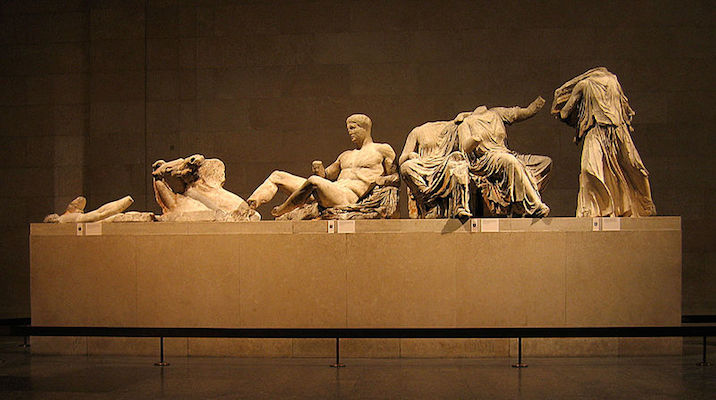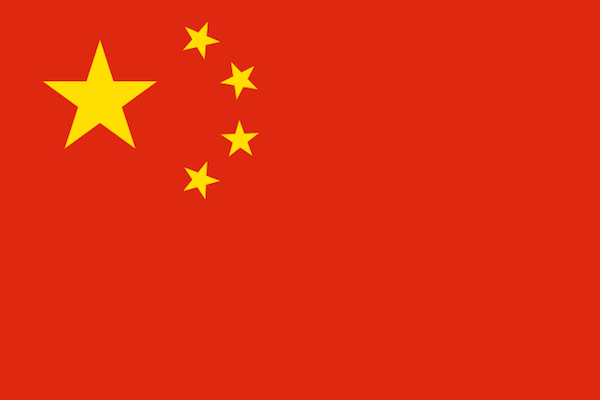The International Criminal Court (ICC) trial of Kenya’s President Uhuru Kenyatta was a huge development. It marked the first time an incumbent head of state had ever turned himself into the ICC to stand trial (in his case for crimes against humanity committed in post-election disorder several years ago). And of course he had had to hand off power temporarily to his vice president, who is also facing ICC charges from the same situation, but is from a different political party. Such a transfer has never occurred in Kenya before, and Kenya is already facing a mounting security crisis from al-Shabab terrorist attacks coming from neighboring Somalia.
The ICC’s historic bid for justice, unfortunately, has now fallen apart before the trial could be completed:
International Criminal Court prosecutors on Friday withdrew crimes against humanity charges against Kenyan President Uhuru Kenyatta but said fresh charges could be brought if new evidence is found of his involvement in post-election violence.
This is very embarrassing for the ICC. They can’t really blame their failure on Kenya failing to provide evidence when the whole point of the ICC is to be able to make prosecutions successfully without the cooperation of national governments. Below is an analysis, in that vein, from France24:





